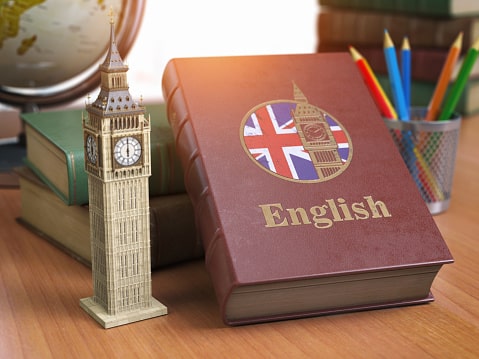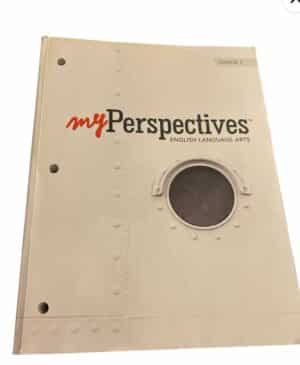
School Books English
The selection of school books for English lessons is a very important decision. The Head of English or a group of teachers will determine the texts for a school. In primary schools, books such as Romeo and Juliet and Frankenstein may be studied across the whole school, while secondary schools will study different books, such as An Inspector Calls. The selection of school books for English depends on the needs of individual schools. A school may use different texts for every class.
There are many different types of school books for English. There are also a number of practice books for early primary schools that have been designed to help children with basic learning. The Vikram Series is an excellent example of this. It contains no note-taking, and teaches kids the basics of learning. In addition to being easy to read, these books are also very easy to understand, and can be used to practice writing essays or writing stories.
School books are an investment in students’ future. They teach students how to communicate, improve vocabulary, build awareness, and reduce stress. Reading books also improves academic performance. A student who is relaxed and free of stress is better able to focus on their studies. It’s a win-win situation for both the teacher and the student. So, how do we ensure that our school textbooks meet the needs of today’s learners?
The best school books are always free of charge. However, if you’re looking for a classic book that will make your children think, look no further than a Vikram Series. They are an excellent resource for learning how to write and spell and will help your child to become an independent, confident reader. If you want to learn how to write an essay, consider buying a book. You’ll never go wrong with a Vikram Series!
Purchasing school books is an investment in your child’s future. Not only will your child learn how to write, but they’ll also improve their vocabulary. Besides, reading helps students build awareness of the language and is an excellent stress-reliever. These benefits can help students succeed in school. A student who reads more will become more confident in their studies. So, consider buying school books and reading for fun! If you want to improve their English language skills, read a lot!
In a school setting, a textbook can be a very expensive investment. The money spent on buying school books goes to updating the text. Most textbooks are used until they become outdated. For example, the government removed To Kill a Mockingbird and Of Mice and Men from GCSE syllabus in 2014, but many schools still teach them to younger pupils. These books are very important to education. So, if you’re looking for a new textbook, be sure to check out this one.
Reading books will help students improve their knowledge and intellect. It will also make them aware of various cultures and societies. They will be more likely to solve problems, which is crucial for academic success. And, of course, school books will improve their grades. The more you read, the better. This will improve your knowledge and help you succeed in school. It will also improve your confidence. You’ll feel less stressed and have more time for studies.
Reading books is an excellent way to learn vocabulary. It helps students build awareness and improve their concentration. It will also improve their performance in school. As a student, you’ll be more focused on your studies when you’re stress-free. If you’re a student, you’ll need to take time to read more than just textbooks. You’ll need to spend more time on reading. In order to become a good student, you must read books that are easy to understand.
Reading books will improve your knowledge and improve your intelligence. These books will introduce you to new concepts and cultures.They’ll also help you solve problems. They’ll be more creative and clear-minded. Moreover, reading books will give you more opportunities to improve your grades. Therefore, it’s important to read lots of books to enrich your knowledge. It will help you to become a better person.


Comments (0)